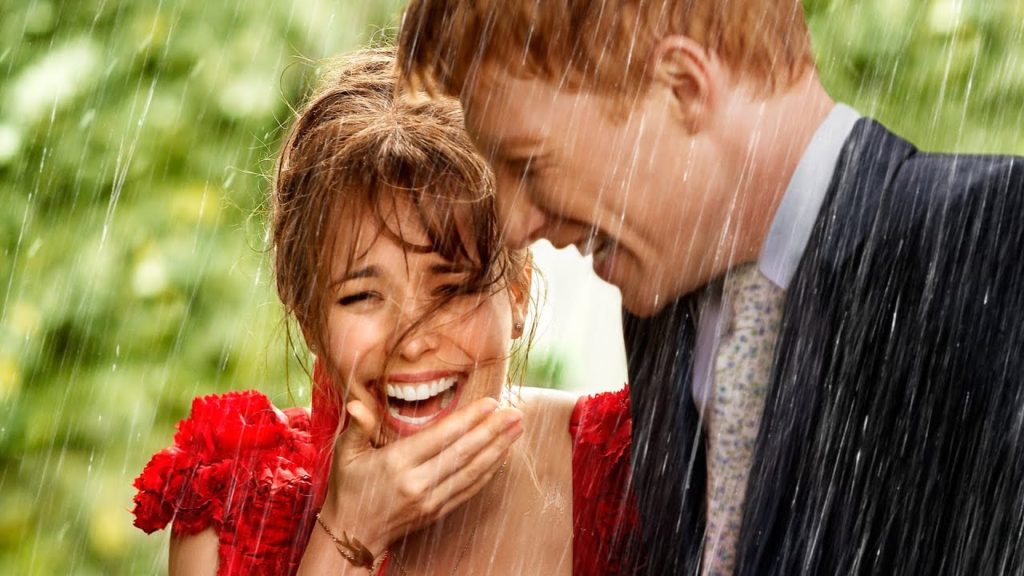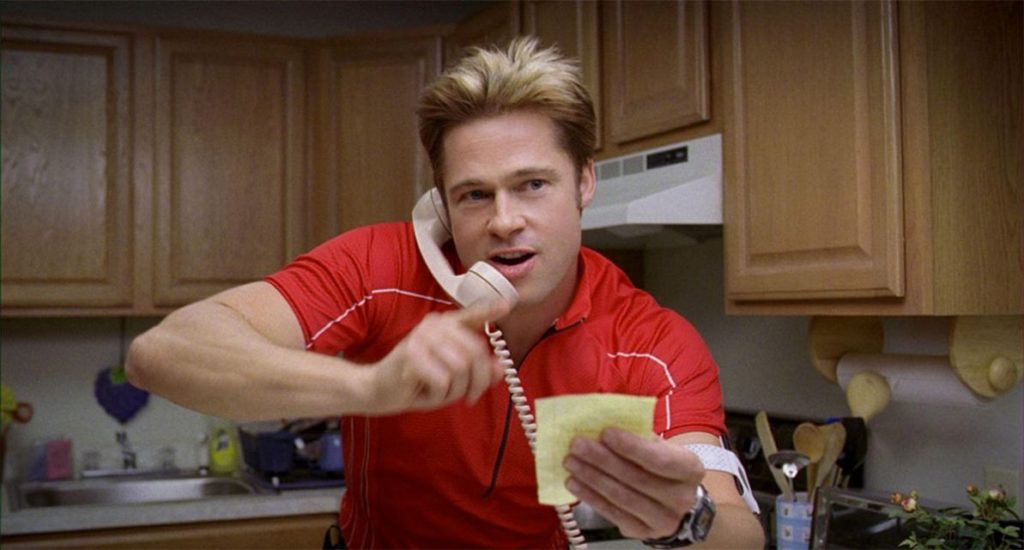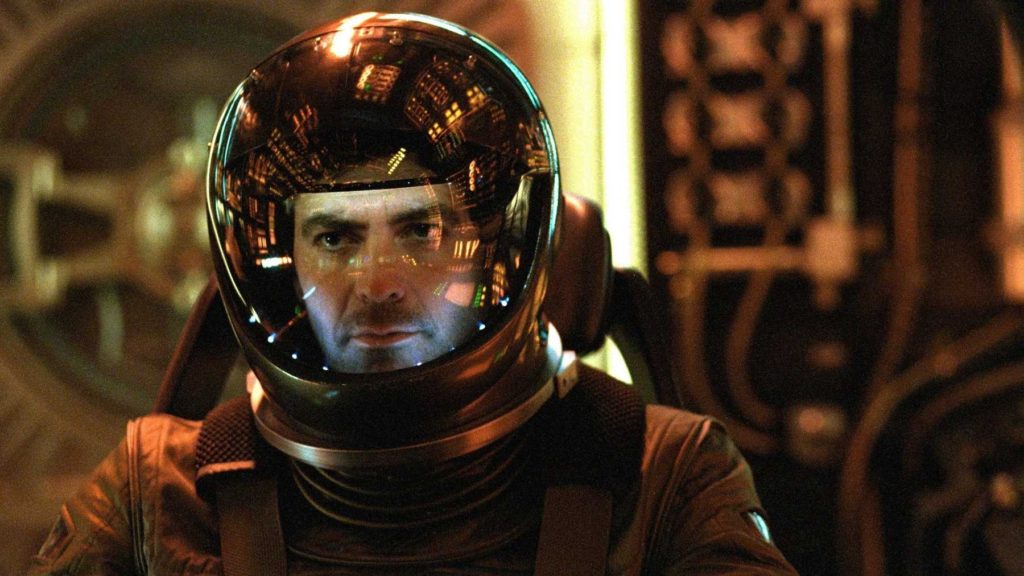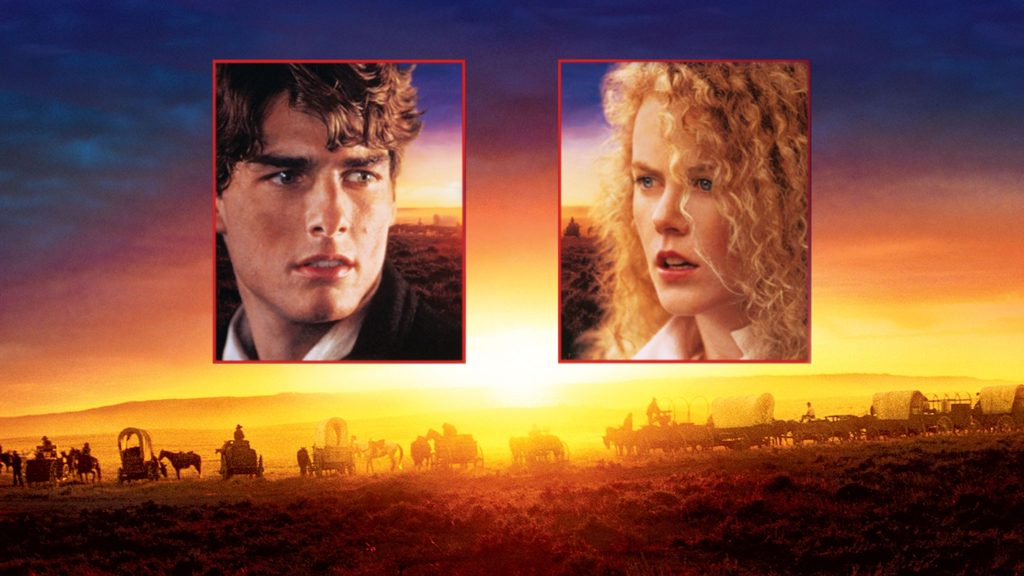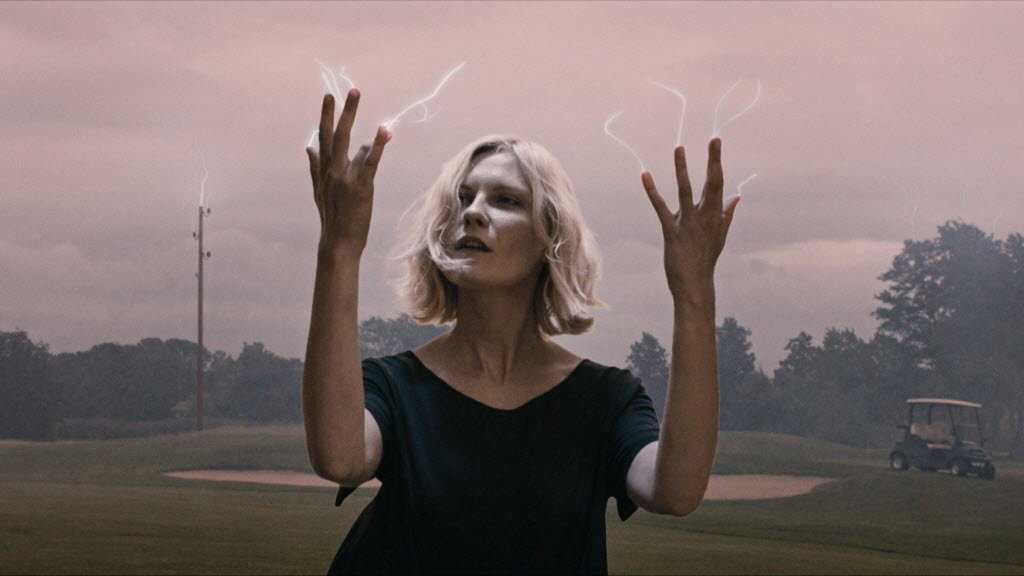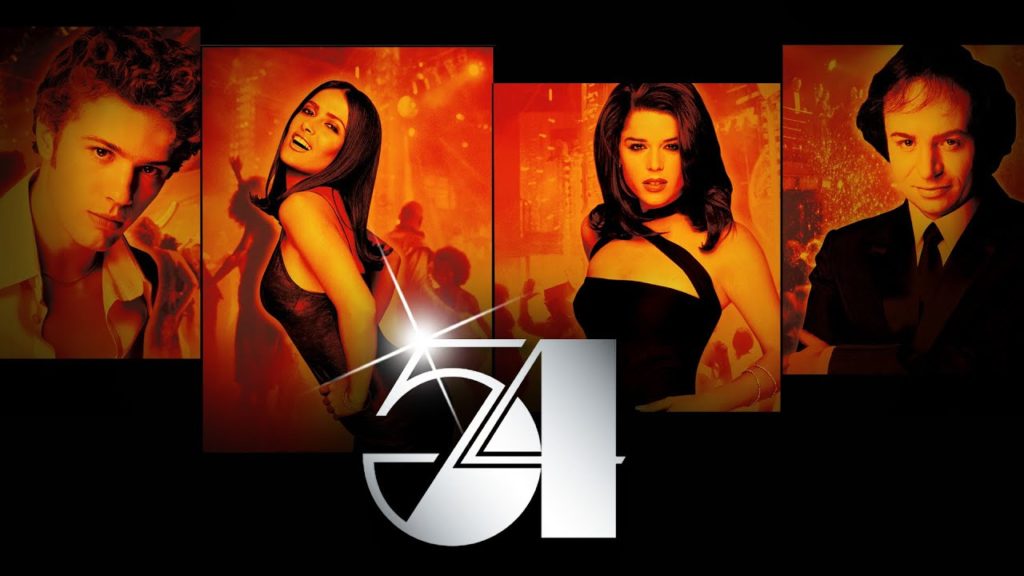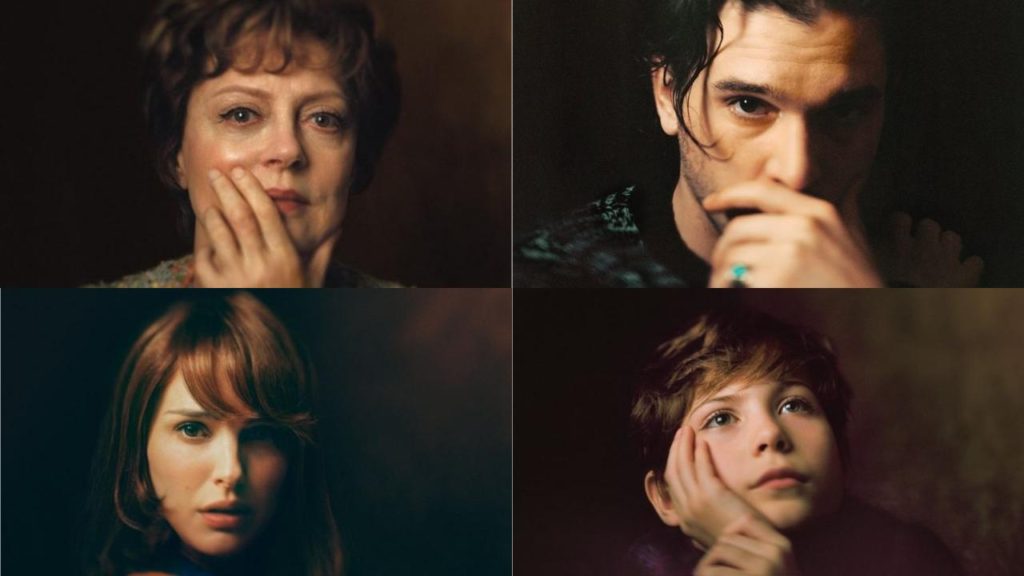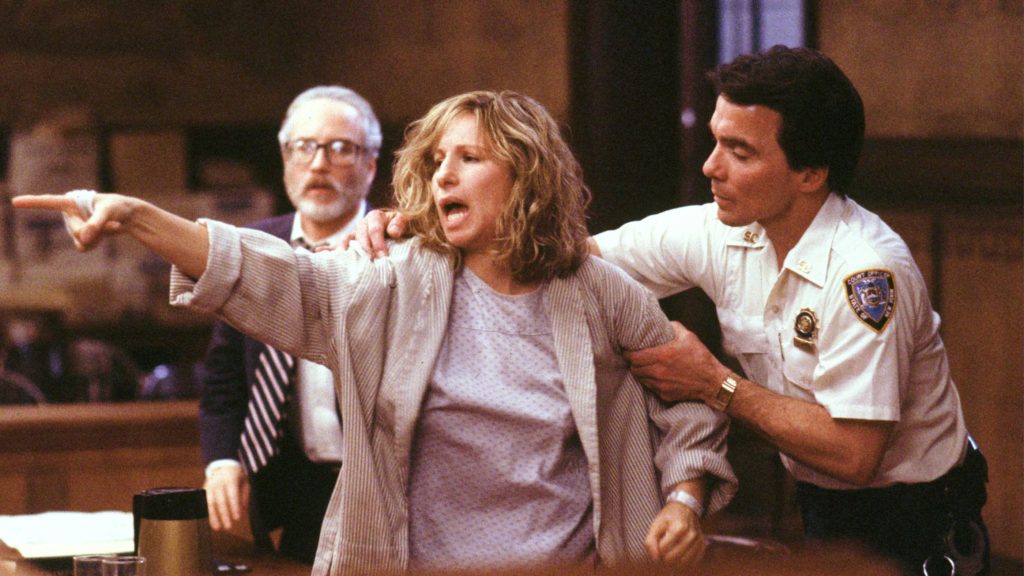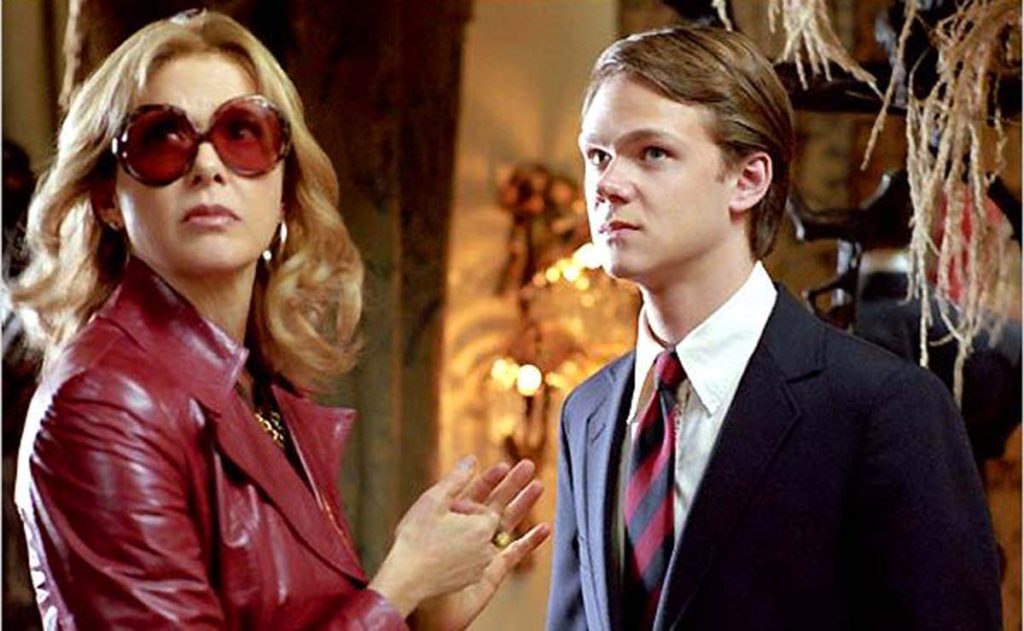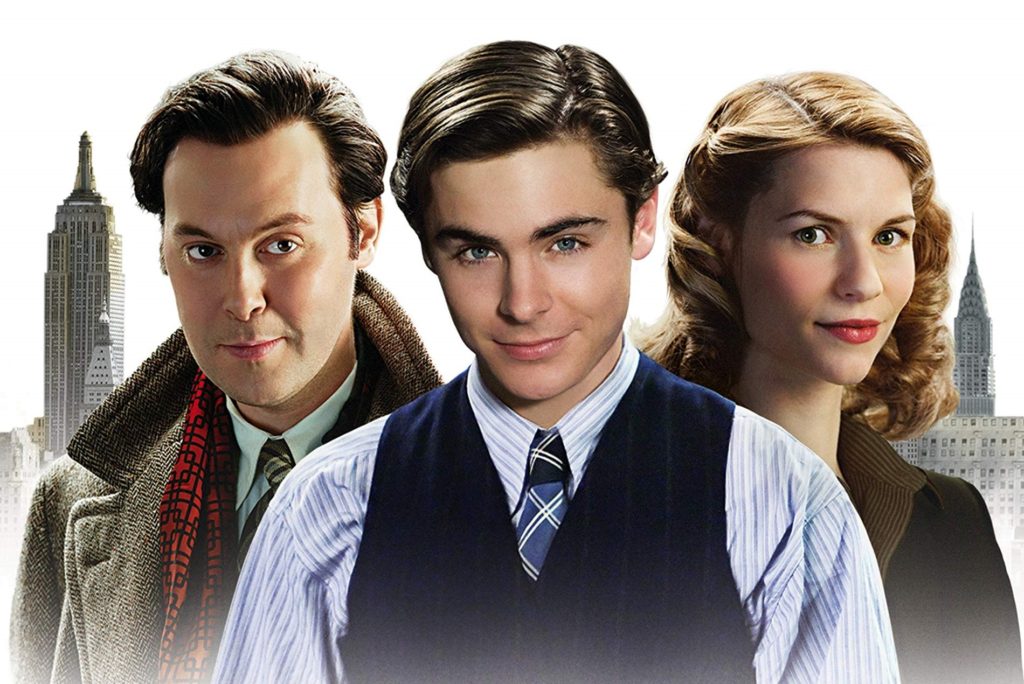
While cinephiles celebrate the release of Mank this week, we’re looking back at a different Citizen Kane-adjacent awards hopeful: 2009′s Me and Orson Welles. The film stars Zac Efron as a young would-be actor who is plucked from the streets and cast in Welles’ landmark stage production of Shakespeare’s Julius Caesar. With Christian McKay as the infamous creative force and Claire Danes as Efron’s love interest, the film has its charms despite its similarities to similar films.
Directed by Richard Linklater, the film’s unconventional semi-self-distributed release generated little fanfare despite major precursor mentions for McKay. This episode, we look at the underwhelming 2009 Supporting Actor race and Linklater’s filmography, including Dazed and Confused as a formative film education movie. We also celebrate Claire Danes’ seventh entry to THOB history, holding her place as our most discussed performer.
Topics also include Zoe Kazan as a quasi-manic-pixie-dream-ghost, the 90s evolution of middle-part butt hairstyles, and the impact of Welles’ Caesar production. Send us your Mailbag questions – now through Dec. 15!!
Follow Us on Twitter!
@Had_Oscar_Buzz
Joe: @joereid
Chris: @chrisvfeil
Podcast: Play in new window | Download
Subscribe: Google Podcasts | RSS

